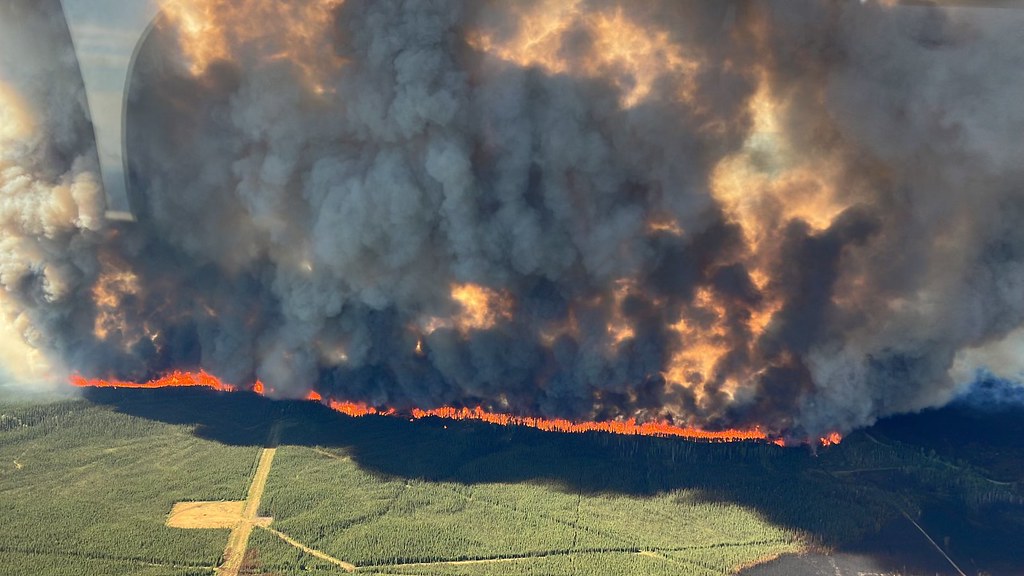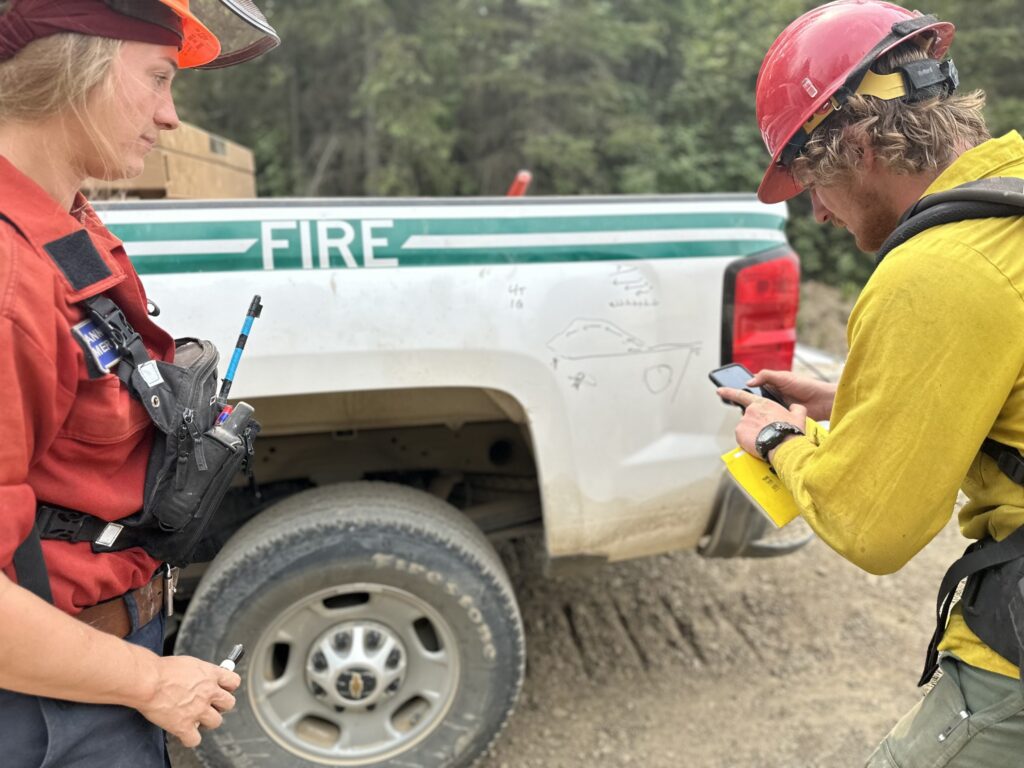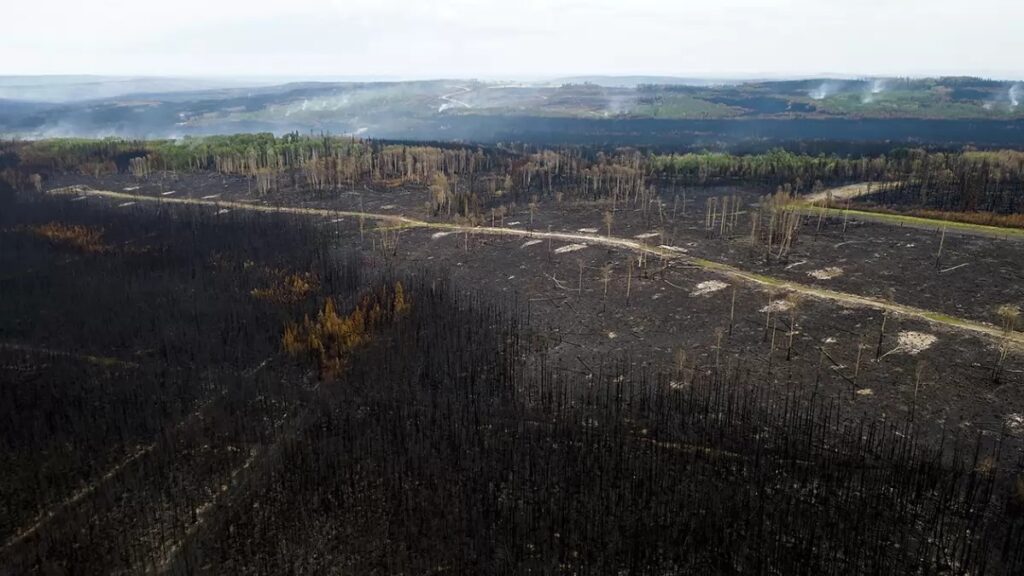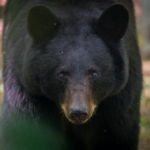In one of the worst forest fire seasons in this country’s history, experts are calling for urgent changes to B.C.’s forest fire prevention strategy.
“We can’t afford to continue the status quo.”
Keith Atkinson, chair of the Forest Practices Board

A new report released by the B.C. Forest Practices Board is calling for dramatic updates in how our forests are managed, and fires are mitigated. The Board is “B.C’s independent watchdog for sound forest and range practices,” and it went public with its findings last week.
“We can’t afford to continue the status quo,” Keith Atkinson, chair of the Forest Practices Board, said in a press release. “We need the B.C. government, jointly with First Nations, to lead the development of a vision and action plan that will align provincial priorities and actions to restore landscape resilience and coexistence with fire.”
Atkinson and his team pointed to the Donnie Creek fire, 150 kilometres outside of Fort Nelson, as an example of these catastrophic fires.
Donnie Creek is currently the largest fire in the province’s history at 5,700 square kilometres of forest, and though far away from human habitats, “it’s such a big fire that it’s going to affect the resource base, the habitat, the ecosystem in a pretty damaging way as it gets to that intense level,” Atkinson said to the Canadian Press.

This comes just weeks after the massive Port Alberni fire closed Highway 4, shutting down traffic for everyone, including local businesses during tourist season.
“The Forest Practices Board report reinforces that we need to keep working with our partners and taking critical steps to strengthen and expand wildfire planning, preparedness and response,”
Bruce Ralston, forests minister
The Forest report estimates 45% of the province is at extreme risk of forest fires. It calls for a new strategy in landscape fire management using “forest-fuel reduction strategies, such as creating fuel breaks, increasing the diversity of tree species, densities, and ages, and the use of cultural and prescribed burning.” The aim is to create a resilient ecosystem that can survive the threat of fire from natural or human causes.
“The Forest Practices Board report reinforces that we need to keep working with our partners and taking critical steps to strengthen and expand wildfire planning, preparedness and response,” forests minister Bruce Ralston said in response to the report.

The report notes that the government currently spends $800 million annually on fire suppression, but in 2021 alone, the indirect costs related to wildfires were estimated to be around $24 billion.
“The payoff will be a reduced risk of catastrophic wildfire and a more resilient landscape for future generations.”
Keith Atkinson, chair of the Forest Practices Board

Record-breaking forest fires are linked to our reliance on fossil fuels, such as coal, oil and gas, which release pollution that causes rising global temperatures. The report says a stronger landscape is one part of a larger climate change mitigation plan.
“This is not a task that can be accomplished by one agency but will require all levels of government, industry, and the B.C. public to work together to do things differently,” said Atkinson.
“The payoff will be a reduced risk of catastrophic wildfire and a more resilient landscape for future generations.”
You can read the full report, “Forest & Fire Management in BC: Towards Landscape Resilience,” here.







